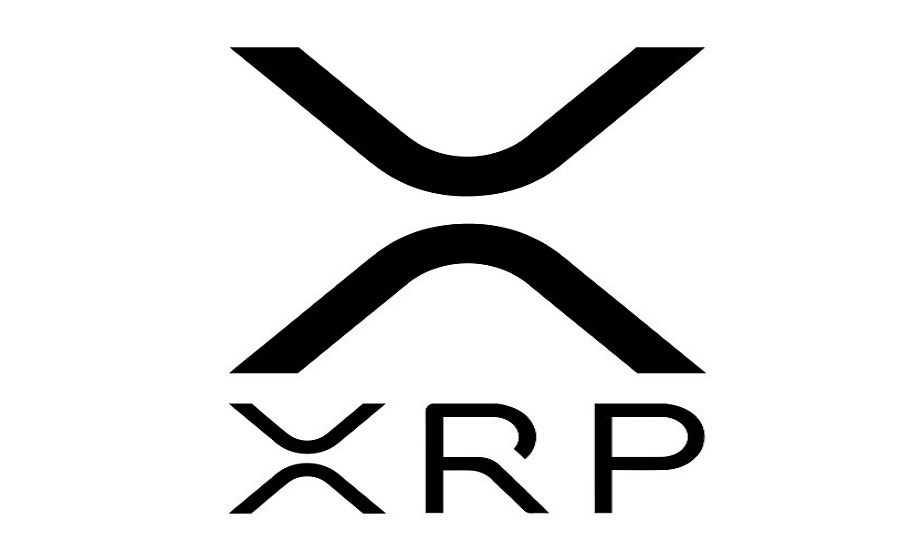The new era in the economy is here, and it comes with cryptocurrencies, blockchain technologies, financial intermediation, AI, mobile wallets, online payments, and so on, you name it. However, the central banks and authorities seem like they’d like to keep the traditional ways alive and refuse to plunge into the crypto-driven digital area. But, there is the IMF which thinks cryptocurrencies are no threat. Even more, the International Monetary Fund is bullish on XRP (XRP), the Ripple’s crypto token.
The cryptocurrencies to revolutionize the cross-border payments systems
First, digitalization of payments system is not a new thing. Since the emergence of the Internet, we got the well-known online payments processors, such as PayPal or Skrill (formerly dubbed MoneyBookers). However, these systems reside on traditional banking systems, to some extent, and are centralized, in the same manner as the banks and other financial institutions are.
On the other hand, cryptocurrencies are decentralized and run on their own networks, and, commonly, their blockchain technologies can operate transactions almost instantaneously.
The IMF’s Christine Lagarde recognizes the cryptocurrencies advantages
The IMF representatives have changed their mind regarding cryptocurrencies several times until now. However, the International Monetary Fund’s Managing Director, Christine Lagarde, recently stated that cryptocurrency is “volatile, risky, energy incentive and because the underlying technologies are not yet scalable enough,” but they don’t represent a threat to fiat money, banks or other financial establishments. Also, cryptos are not endangering traditional banking and financial systems.
In Lagarde’s opinions, cryptocurrencies would be ideal in the future when it could be easier to use virtual currencies for payments, especially in remote areas where fiat currency could be hard to get, physically.
Why would citizens hold onto virtual currencies rather than those physical dollars, physical euros or physical sterling’s? Because it may one day be more comfortable and safer than obtaining paper bills, especially in remote regions and because virtual currencies could actually become more stable.
Christine Lagarde, Managing Director of the International Monetary Fund
The International Monetary Fund is bullish on XRP (XRP)
Practically, Christine Lagarde’s statements are bullish on XRP (XRP), the Ripple’s token which is fundamental for several Ripple’s platforms that allow fast and secure cross-border payments. In the International Monetary Fund’s vision, the only crypto that fits in is the XRP (XRP).
Citizens may one day prefer virtual currencies since they potentially offer the same cost and convenience as [there could be] no cash, no settlement risks, no clearing delays, no central registration, no intermediary to check accounts and identities.
Christine Lagarde, Managing Director of the International Monetary Fund
XRP (XRP) is currently trading at $0.459, after dropping by about 5.9% in the last 24 hours.
